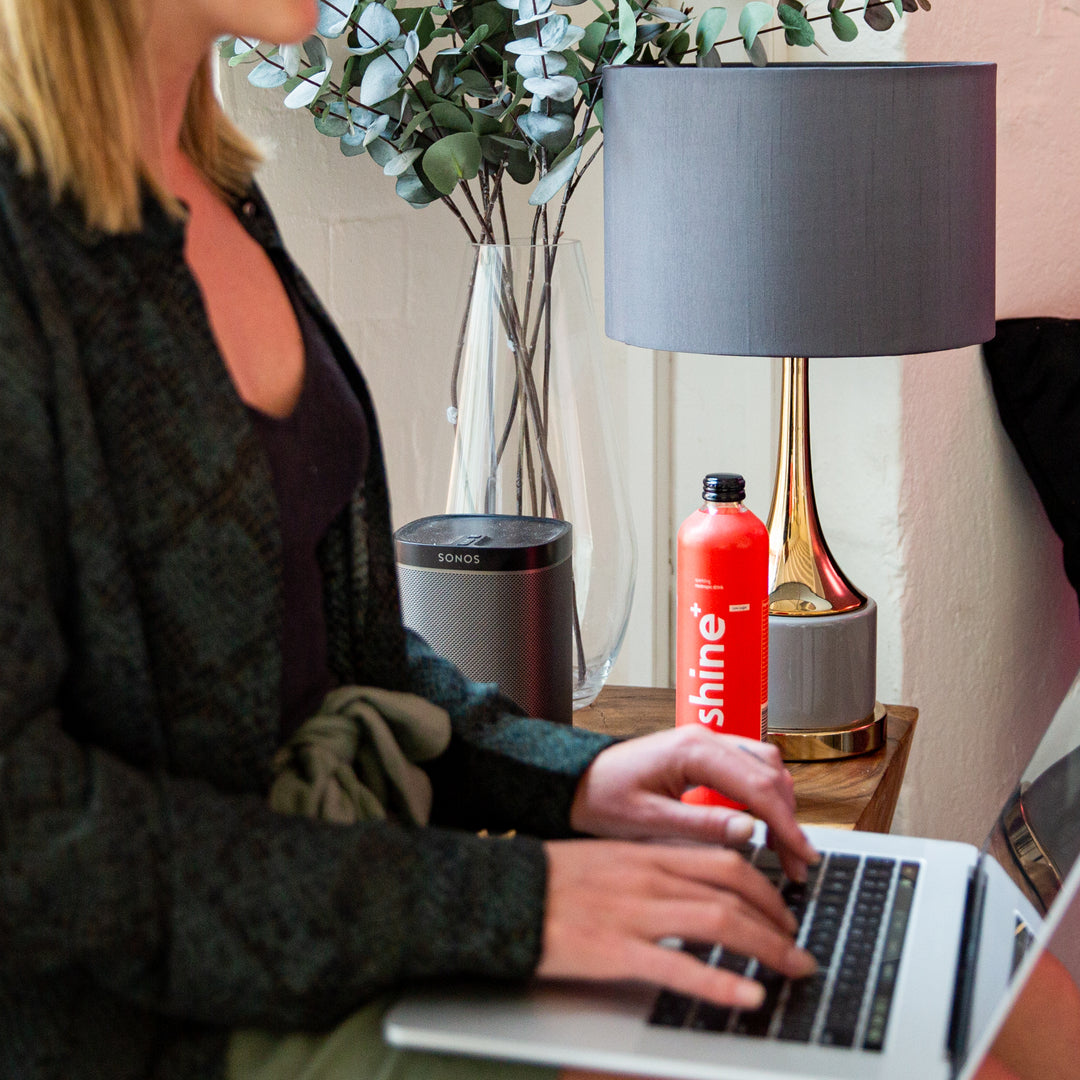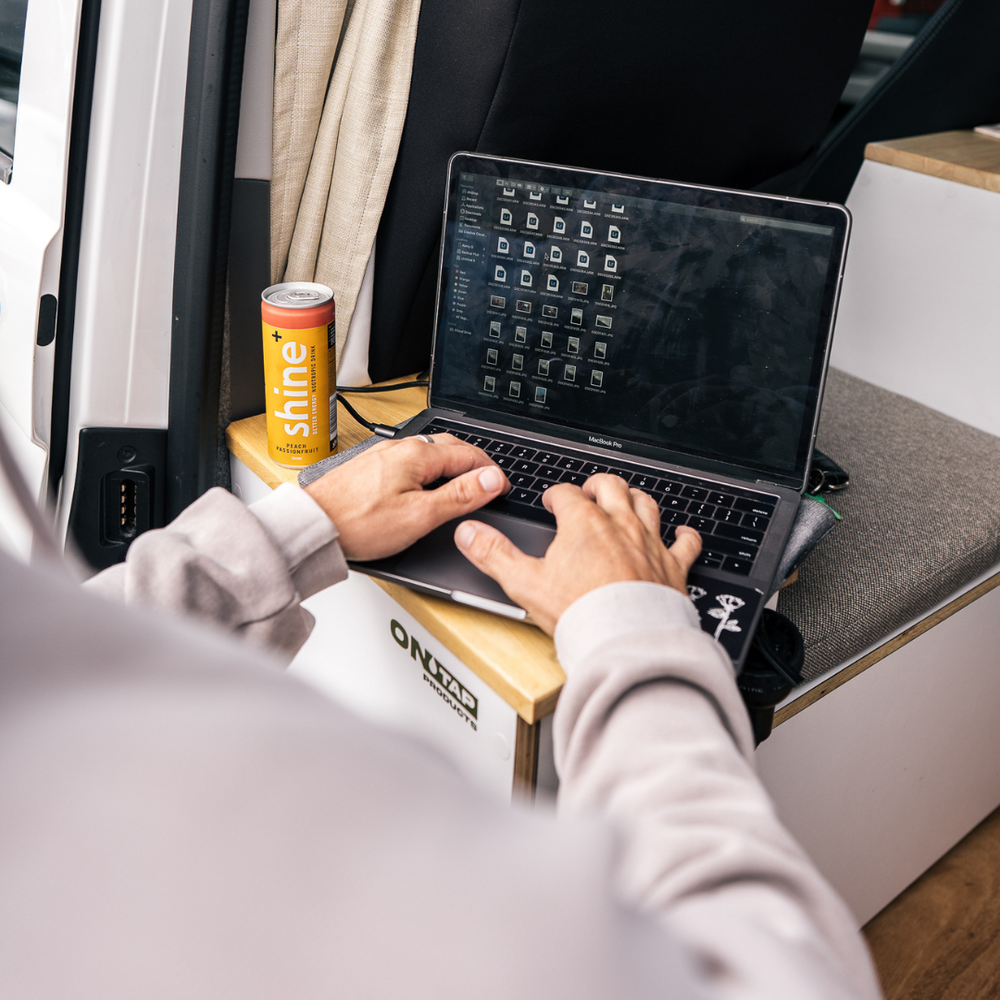SIX WAYS TO DEAL WITH EXAM STRESS
We’re getting closer to the pointy end of the semester. Classes are ending, all our big assignments are due, and exam time is almost right in front of us. For many students, it is basically feels like you’re running away from a pack of hungry wolves through a forest lit with fire.
It’s not as hopeless as it seems. Here are a few tips anyone can use to keep their cool during exam time.

Stay Calm
Okay, that’s easier said than done. Sure, as much as you tell yourself to stay calm, it’s not exactly the easiest thing in the world. It is, however, the first step you should take when keeping your stress levels at a low during exam time.
A good way to maintain this mantra is through breathing. It sounds strange, I know. I thought that too when my psychologist taught me this trick, but it works! Take a deep breath in through your nose and hold it for three seconds. Then, release your breath slowly through your mouth. Repeat and concentrate on your breathing until you feel the uneasy feeling of stress has melted away.
Choose the healthy option
When we’re studying, we tend to let ourselves go. With packets of chips and lollies and chocolate wrappers surrounding our books, we often sit in the same spot for hours on end, if not all day. Those things are good for rewards when you tick something off your ‘To Do’ list, but not necessarily just to keep you going. It’s better to feast on healthier foods while studying to keep your mind focused and alert.
Also, it might be a good idea to cut back on your caffeine intake. Try green tea instead. Don’t be afraid to jump out of that chair once and awhile and work some exercise into your study schedule. Taking out 30 minutes a day won’t hurt your GPA.
Get your eight hours every night
Next to eating right and getting enough, getting enough sleep is one of the most important ways to look after yourself during exam time. Most people think pulling all nighters to study is going to give them a better chance of succeeding in the exam, but the truth is it’s doing more harm than good.
You need sleep in the same way that your phone needs to be recharged at the end of each day. Without it, your brain will not be able to remember facts or have the ability to analyse problems, and therefore you will not be able to work at your full potential.
Take breaks and take the time to relax
You can’t study 24/ 7. Let’s face it, most of that time would be spent procrastinating because your brain won’t be able to focus for that long. It’s important to stop and relax. You don't necessarily have take up meditation or yoga; those strategies aren’t for everyone.
To stop your brain from getting too tired, you need to take regular breaks. Open up your daily schedule and pencil in some time to just sit and read or take a walk around your local park. As simple as they seem, they can make all the difference in your maintaining your stress levels and overall mood.
Talk to someone
You will find that there are so many people in the same boat as you. Chat to your family, friends or even your teachers. The chances are they’ve been there before and they may be able to give you some great advice to help you cope. Find someone who’s willing to sit down and listen and see how quickly the weight lifts off your shoulders.
For extreme cases, counsellors and psychologists are available to give you some professional advice. If opening up to other human beings is hard for you, try writing about it in a diary or blog. Letting it out can really make a difference.
Don’t dwell on ‘what ifs?’
So the exam is done, and you’re discussing the questions with your friends. Some of their answers are different to yours. You start to have regrets about some of your answers. That is a dangerous path. You can’t go back change your answers. Time is up and the exam is gone.
It’s best to avoid chatting about the exam after it’s over. Go out and have some fun. You deserve it after slaving away behind your desk for months. Deal with the exam when the results come your way. You may have gotten a better result than you think.
You don’t need a degree in psychology to understand how to cope with stress. It’s as simple as using small steps to make exam time a little easier. If you’re looking for the best way to get the most out of your next study session, there are some small changes you can make.
WORDS BY JESSICA TESTA










